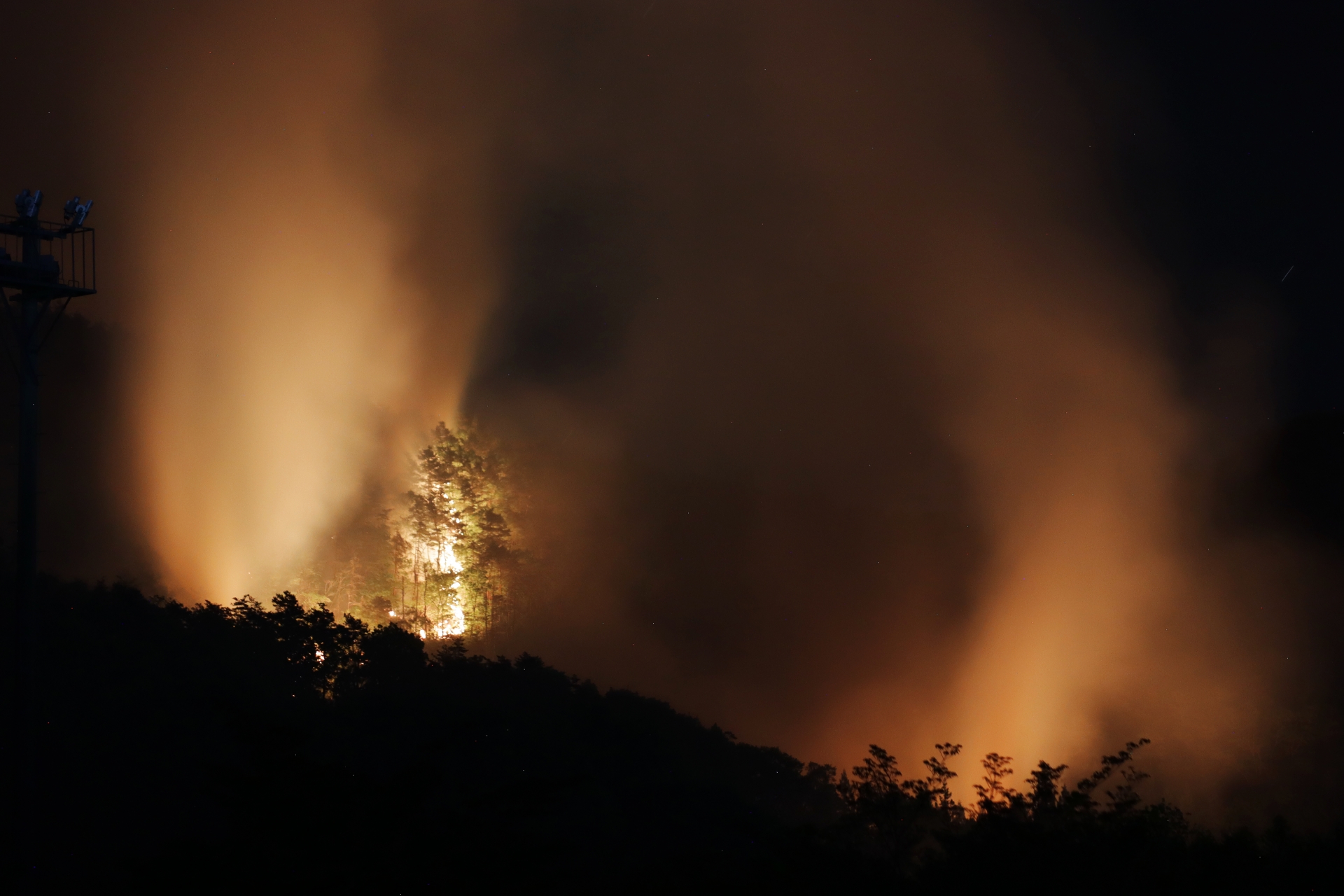From 2023 to 2024, the unprecedented large-scale wildfires that occurred in parts of Canada and the Amazon were at least three times more likely to happen due to climate change, significantly increasing global CO2 emissions.

Severe Impact of Widespread Wildfires Around the World
This report, titled “The Current State of Wildfires,” was led jointly by the University of East Anglia (UEA), the UK Centre for Ecology & Hydrology (UKCEH), the UK Met Office, and the European Centre for Medium-Range Weather Forecasts (ECMWF). It was published in the scientific journal Earth System Science Data.
According to the report, global CO2 emissions from wildfires in 2023-2024 exceeded the average by 16%, reaching 8.6 billion tons. In particular, emissions from fires in Canada’s northern boreal forests were more than nine times the average of the past 20 years, accounting for about one-quarter of global emissions. The report also provides an overview of the extreme wildfires during the 2023-2024 fire season, explains the causes, and evaluates whether similar events can be predicted in the future and how risks will change under different climate change scenarios.
Had it not been for fewer fires in Africa’s savannahs, the 2023-2024 fire season would likely have set a new global CO2 emissions record. The fires in Canada not only released massive amounts of CO2, but also forced over 230,000 people to evacuate and claimed the lives of eight firefighters. Additionally, abnormal fires occurred in northern South America, particularly in Amazonas, Brazil, as well as in surrounding areas of Bolivia, Peru, and Venezuela, where the Amazon region recorded the worst air quality in the world.
Other large fires were reported in Chile, Hawaii, and Greece, causing 131, 100, and 19 deaths respectively, and inflicting significant social, economic, and environmental damage.
Climate change is exacerbating wildfires, leading to massive global CO2 emissions and the destruction of forest areas, perpetuating an evident negative spiral.
[Press release here]
